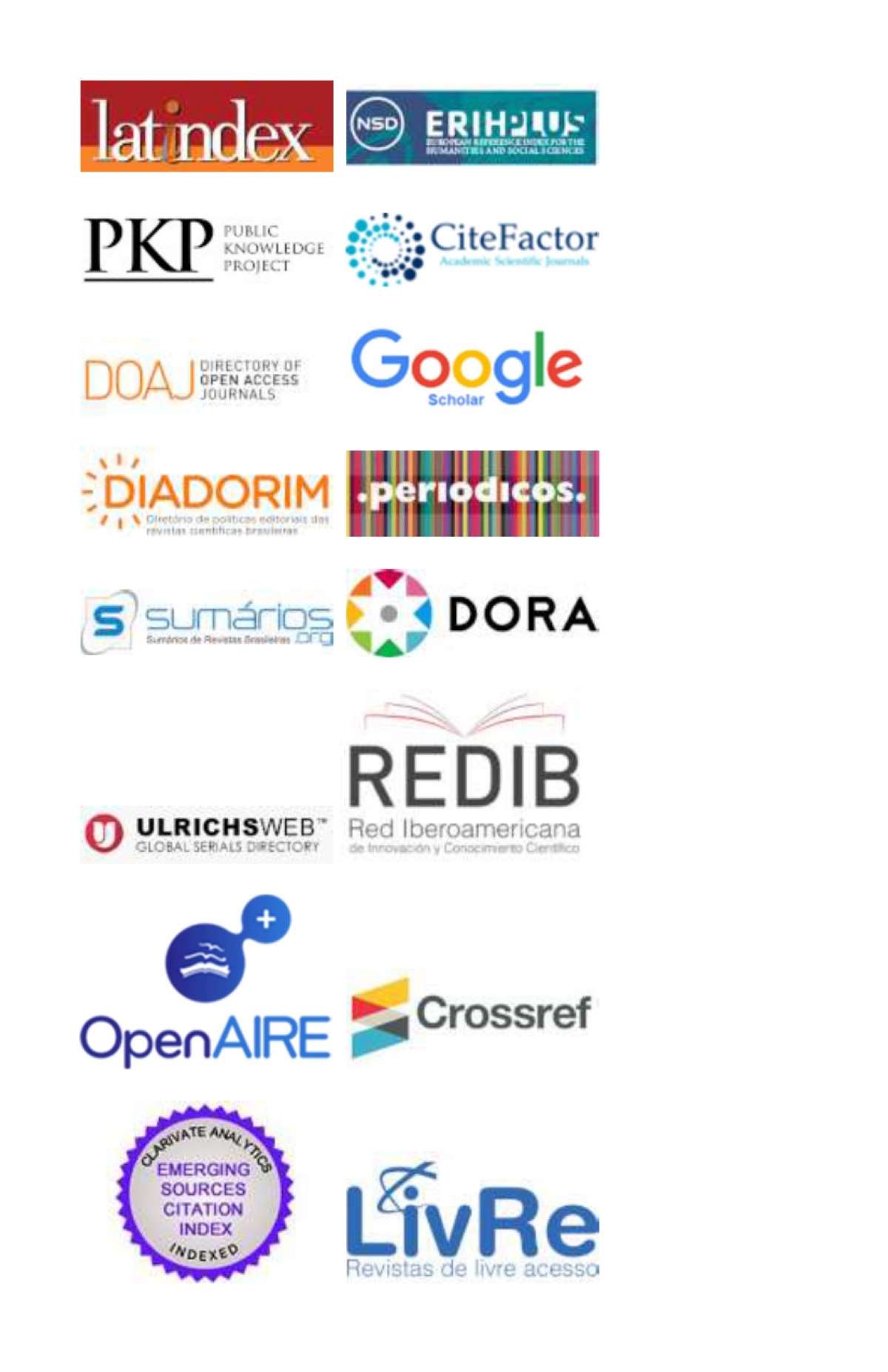ENVIROMENTAL RESERVE QUOTES: AN INTERPRETATION OF THE ECONOMIC ANALYSIS OF LAW
DOI:
https://doi.org/10.21783/rei.v3i2.228Keywords:
Forest Code, Environmental Regulation, Economic Analysis of LawAbstract
In the New Forest Code (Law no. 12.651/2012), the rural landowners’ obligation to maintain an area with native vegetation cover (or Legal Reserve Area – LRA) was made more flexible by the introduction of Environmental Reserve Quotas (ERQ). Through the organization of a compensation market, ERQs allow rural landowners with LRA deficits to regularize their situation by purchasing ERA from those with an LRA surplus (limited to the same biome). Through bibliographic review and legal research, we seek to analyze the specificities of the institutional arrangements established for this instrument’s operation. Using the analytical framework of the AED, it was possible to note that this economic instrument of environmental management, in an attempt to establish a more efficient and sustainable economic system through the internalization of externality, generates a specific allocation of property rights related to the environment. But for such an instrument to be successful in promoting forest preservation, it is necessary to ensure secure property rights and effective monitoring of the norm.Downloads
References
ALESSI, Louis. Free Market Environmentalism. In HILL, Peter J.;
MEINERS, Roger E. Who owns the environment? Maryland: Rowman & Littlefield Publishers, 1998, P. 6.
BRASIL. Lei nº 12.651, de 25 de maio de 2012. Presidência da República. Brasília. 2012.
BROMLEY, Daniel W. Environment and economy: property rights and public policy. Oxford: Basil Blackwell Ltd., 1991, P. 38.
CÁNEPA, Eugenio Miguel. Economia da poluição. In MAY, Peter; LUSTOSA, Maria Cecília; VINHA, Valé. Economia do meio ambiente: teoria e prática. Rio de Janeiro: Elsevier, 2010.
CALABRESI, Guido; MELAMED, A. Douglas. Property Rules, Liability Rules, and Inalienability: One View of the Cathedral. Faculty Scholarship Series, 1972.
COASE, Robert. The problem of Social Cost. Journal of Law and Economics, V. 3, 1960.
COLE, Daniel H. Property Rights in environmental goods. Encyclopedia of Law and Economics, Edward Elgar Publishing, 1997, P. 9.
ESTY, Daniel C. Revitalizing Environmental Federalism. Michigan Law Review, V. 95, N. 3, 1996, P. 570-653.
KAPLOWITZ, Michael; MACHEMER, Patricia; PRUETZ, Rick. Planners' Experiences In Managing Growth Using Transferable Development Rights (TDR) In The United States. Land Use Policy, V. 25, N. 3, 2008, PP. 378-387. DOI: 10.1016/j.landusepol.2007.07.004
MACHADO, Lourdes. O Cadastro Ambiental Rural e as Cotas de Reserva Ambiental no Novo Código Florestal: uma análise de aspectos legais essenciais para a sua implementação. In SILVA, Ana Paula; MARQUES, Henrique; SAMBUICHI, Regina Helena (org.). Mudanças no Código Florestal Brasileiro: desafios para a implementação da nova lei. Rio de Janeiro: Ipea/ IPC-IG, 2016, P. 64.
MACHEMER, Patricia; KAPLOWITZ, Michael. A Framework for Evaluating Transferable Development Rights Programmes. Journal of Environmental Planning and Management, 2002, V. 45, Issue 6, PP. 773-795.
MARGULIS, Sergio. A regulamentação ambiental: instrumentos e implementação. In: Texto para Discussão. IPEA, 1996. Disponível em http://repositorio.ipea.gov.br/bitstream/11058/1932/1/td_0437.pdf. Acesso em 20 de outubro de 2017.
MAY, Peter H. et al. Cotas de reserva ambiental no novo código florestal Brasileiro: uma avaliação ex-ante. CIFOR, 2016. Disponível em http://www.cifor.org/publications/pdf_files/OccPapers/OP-146.pdf
MILARÉ, Édis; MACHADO, Paulo. Novo código florestal comentado: comentários à Lei n o 12.651, de 25 de maio de 2012, à Lei n o 12.727, de 17 de outubro de 2012 e ao Decreto n o 7830, de 17 de outubro de 2012. 2ª ed. São Paulo: Revista dos Tribunais, 2013.
MOTTA, Ronaldo Seroa da. O uso de instrumentos econômicos na gestão ambiental. Rio de Janeiro: IPEA, 2000.
MONZONI, Mario; VENDRAMINI, Annelise. Cotas de Reserva Ambiental (CRA). São Paulo: Febraban, 2015.
OSTROM, Elinor. Private and common property rights, workshop. Political Theory and Policy Analysis, Population and Environmental Change. Indiana University, 2000.
PERMAN, Roger. et al. Natural resource and environmental economics. Londres: Pearson Education, 2003, P. 217.
REIS, Eustáquio J.; MOTTA, Ronaldo Seroa da. The application of economic instruments in environmental policy: the Brazilian case. Revista Brasileira de Economia, V. 48, N. 4, 1994, P. 551-576.
SANTOS, Laura; PORTO, Antônio; SAMPAIO, Rômulo. Direitos de Propriedade e Instrumentos Econômicos de Regulação Ambiental: Uma Análise das Atribuições Implícitas. Revista Brasileira de Políticas Públicas, V. 7, N. 2, 2017. Disponível em https://www.publicacoesacademicas.uniceub.br/RBPP/article/view/4633/pdf
SILVA, Jessica; RANIERI, Victor. O mecanismo de compensação de reserva legal e suas implicações econômicas e ambientais. Ambiente & Sociedade, V. 17, N. 1, 2014.
SPAROVEK, Gerd et al. Brazilian agriculture and environmental legislation: status and future challenges. Environmental Science and Technology. [S.l.], jul. 2010. Disponível em: <http://pubs.acs.org/doi/abs/10.1021/es1007824>. Acesso em 20 de outubro de 2017.
SPAROVEK, Gerd et al. A revisão do Código Florestal brasileiro. Novos Estudos-CEBRAP, n. 89, 2011, P. 111-135.
TRIPP, James TB; DUDEK, Daniel J. Institutional guidelines for designing successful transferable rights programs. Yale Journal on Regulation, V. 6, 1989, P. 369.
Downloads
Published
How to Cite
Issue
Section
License
The authors hold their copyright and concede to the JOURNAL OF INSTITUTIONAL STUDIES the right to the first publication, in accordance with the Creative Commons Attribution license.
Authors are strongly encouraged to publish their manuscripts in other medias, such as institutional repositories and personal pages. The Journal only requires the credits of the first publication.






